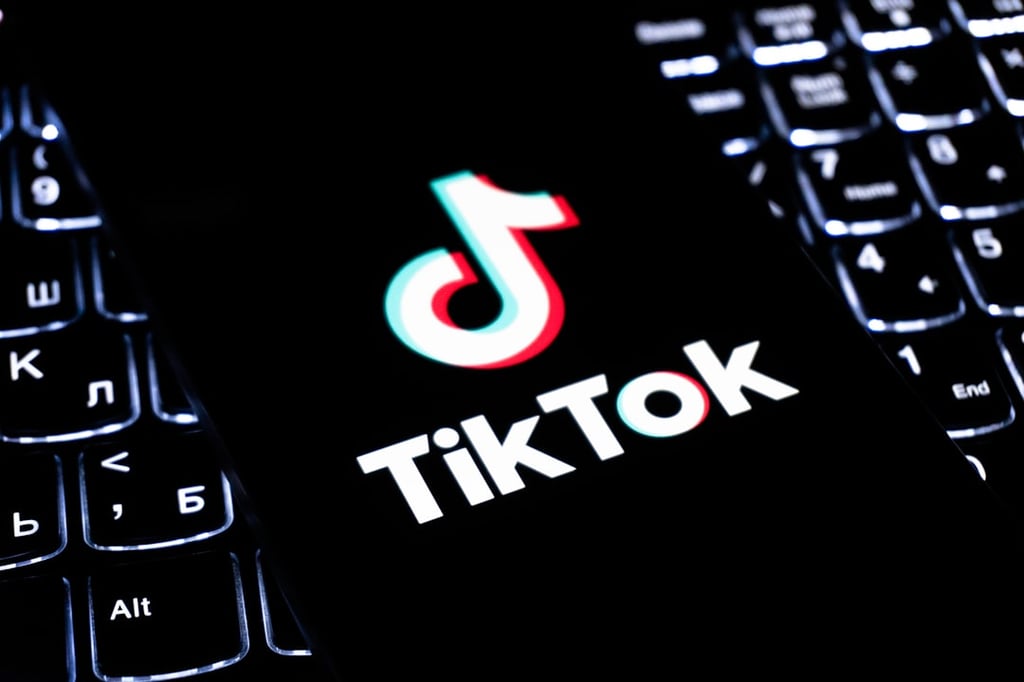The smartphone market is about to get interesting. Three secret projects are likely to take phones in three entirely new directions.
Facebook, Google and Amazon are all working on projects that could radically change how we use our smartphones.
I believe there are three things these phones will all have in common:
1. They will favor the creating company’s online services and will be designed to boost the time spent on those services.
2. They will increase the ability of each company to harvest user data.
3. They will all be subsidized in order to make the phones very low cost.
The Secret Facebook Phone
Facebook is expected to announce tomorrow a new phone initiative — probably a new software layer that sits on top of Android.
The code name for Facebook’s phone project is “Buffy.” As in “the vampire slayer.”
That code name is telling. It’s probably a reference to the idea of using an attractive, appealing interface to defeat a blood-sucking vampire — namely, Google, which Facebook sees as a company most capable of draining away Facebook’s life force by attracting social users and advertisers.
Whatever Facebook announces, it’s likely to favor Facebook picture posting, status updating and, above all, messaging, as well as harvesting user data like location and purchase history.
Facebook’s phone layer will also probably have its own app store, where Facebook mobile apps sit, and where Facebook itself can publish trial-balloon apps without freaking out the entire user base.
These apps will have more access to user location and other contextual data than is normally the case on a plain-vanilla Android phone.
Why would Facebook do such a thing?
I think a recent Vanity Fair article about Facebook got it right: “Facebook has developed new targeting techniques, giving advertisers an unprecedented ability to reach only the potential audiences they want.” But “to make it all work, Facebook has to lure its more than one billion users back to keep using the service on a consistent basis.”
And if that’s the goal, a single phone by HTC isn’t going to cut it. I think they’ll be rolling this out on a lot of phones.
Facebook may end up subsidizing them for two reasons. First, they’ll want to provide an incentive for handset makers to embrace the Facebook front-end. Second, they’ll want to make the phone cheaper for users to broaden the market.
In fact, Facebook has already dipped its toe into the subsidy waters. The company announced in late February a new program with 18 carriers in 14 countries that provides free or discounted data access to Facebook Messaging in place of text messaging.
A subsidized Facebook phone interface may be the first-world equivalent, where the subsidy is higher, but the rewards for advertising are also higher.
The Secret Google Phone
Very little is known about Google’s secret Motorola X phone project. It’s probably the first Google-influenced phone by Motorola since the acquisition almost a year ago.
Insiders say the phone should ship this summer.
My own prediction is that the phone will be different in two ways. First, I believe the phone will be optimized for use with Google Now, and feature an “always listening” mode. In order to use Google Now, if my prediction is correct, you’ll just talk — no touching the phone will be necessary.
In this sense, it’s similar to Google’s prototype wearable headset project called Google Glass.
The second feature, I believe, is extreme low cost. In general, I predict the X phone will be sold unlocked, but the lowest-end model could cost as little as a subsidized phone would — say, $199. And this low cost will be achieved in part through a Google subsidy.
Like Facebook, Google also subsidizes data services in emerging markets. The company runs a program called “Free Zone,” whereby feature-phone users can search and email without charge. The costs to view any page found via Google Search or sent via Gmail are covered by Google. So users get free data access, as long as they use Google to get that data.
The Secret Amazon Phone
The most recent fact associated with Amazon’s rumored Kindle Phone is that former Microsoft Windows 7 executive Charlie Kindel is now working on “something wonderful” and “something secret” at Amazon, according to his recently updated Linkedin profile.
Amazon took a weird path to becoming one of the major mobile device makers. They started out making eBook readers, then evolved that line to include Android tablets.
Those tablets are heavily subsidized by Amazon, and strongly direct users away from Google’s services and toward competing services by Amazon.
I’ve been predicting an Amazon phone for quite a while, and my believe is that they intend to give away free phones to Amazon Prime members, or give away free Amazon Prime memberships to Kindle Phone buyers.
In other words, I believe Amazon intends to make the biggest play for the biggest subsidy. And why not? They can make it up later with all the extra stuff they can sell you through the phone.
The reason is that an Amazon Kindle phone would be the Mother of All “showrooming” appliances.
“Showrooming” is when you find something in a physical, brick-and-mortar store. But instead of grabbing it and paying for it at the in-store register, you use your mobile phone to buy it online as you’re standing there in the store.
An Amazon Kindle phone could be optimized for barcode reading, and also for product identification through the phone’s camera.
Amazon already has an app that does this beautifully, but hardly anyone uses it.
By giving away the phone with a Prime membership, users could just walk through the stores scanning products on the shelves, and have them shipped with next-day delivery with a single tap of a button.
Why These Secret Phones Are Happening
Advertising has always been based on attention. And what are people paying attention to these days? Their phones.
That’s why every company wants to be in control of what people see when they turn their phones on, and direct what, where and how they do what they do when they use their phones.
The phone also gives location and can monitor the user’s context in real-time for super-relevant advertising.
For all these reasons, Facebook, Google and Amazon would all like to re-invent the phone experience to put their services front and center, and gain access to user contextual data.
There’s big money to be made, and I think these companies are willing to subsidize the hardware to make that money.
This is the year that the smartphone industry gets weird, as many of the major companies start wrestling for control over your smartphone.
-
Ethics and Artificial Intelligence: Driving Greater Equality
FEATURE | By James Maguire,
December 16, 2020
-
AI vs. Machine Learning vs. Deep Learning
FEATURE | By Cynthia Harvey,
December 11, 2020
-
Huawei’s AI Update: Things Are Moving Faster Than We Think
FEATURE | By Rob Enderle,
December 04, 2020
-
Keeping Machine Learning Algorithms Honest in the ‘Ethics-First’ Era
ARTIFICIAL INTELLIGENCE | By Guest Author,
November 18, 2020
-
Key Trends in Chatbots and RPA
FEATURE | By Guest Author,
November 10, 2020
-
Top 10 AIOps Companies
FEATURE | By Samuel Greengard,
November 05, 2020
-
What is Text Analysis?
ARTIFICIAL INTELLIGENCE | By Guest Author,
November 02, 2020
-
How Intel’s Work With Autonomous Cars Could Redefine General Purpose AI
ARTIFICIAL INTELLIGENCE | By Rob Enderle,
October 29, 2020
-
Dell Technologies World: Weaving Together Human And Machine Interaction For AI And Robotics
ARTIFICIAL INTELLIGENCE | By Rob Enderle,
October 23, 2020
-
The Super Moderator, or How IBM Project Debater Could Save Social Media
FEATURE | By Rob Enderle,
October 16, 2020
-
Top 10 Chatbot Platforms
FEATURE | By Cynthia Harvey,
October 07, 2020
-
Finding a Career Path in AI
ARTIFICIAL INTELLIGENCE | By Guest Author,
October 05, 2020
-
CIOs Discuss the Promise of AI and Data Science
FEATURE | By Guest Author,
September 25, 2020
-
Microsoft Is Building An AI Product That Could Predict The Future
FEATURE | By Rob Enderle,
September 25, 2020
-
Top 10 Machine Learning Companies 2021
FEATURE | By Cynthia Harvey,
September 22, 2020
-
NVIDIA and ARM: Massively Changing The AI Landscape
ARTIFICIAL INTELLIGENCE | By Rob Enderle,
September 18, 2020
-
Continuous Intelligence: Expert Discussion [Video and Podcast]
ARTIFICIAL INTELLIGENCE | By James Maguire,
September 14, 2020
-
Artificial Intelligence: Governance and Ethics [Video]
ARTIFICIAL INTELLIGENCE | By James Maguire,
September 13, 2020
-
IBM Watson At The US Open: Showcasing The Power Of A Mature Enterprise-Class AI
FEATURE | By Rob Enderle,
September 11, 2020
-
Artificial Intelligence: Perception vs. Reality
FEATURE | By James Maguire,
September 09, 2020
SEE ALL
ARTICLES







